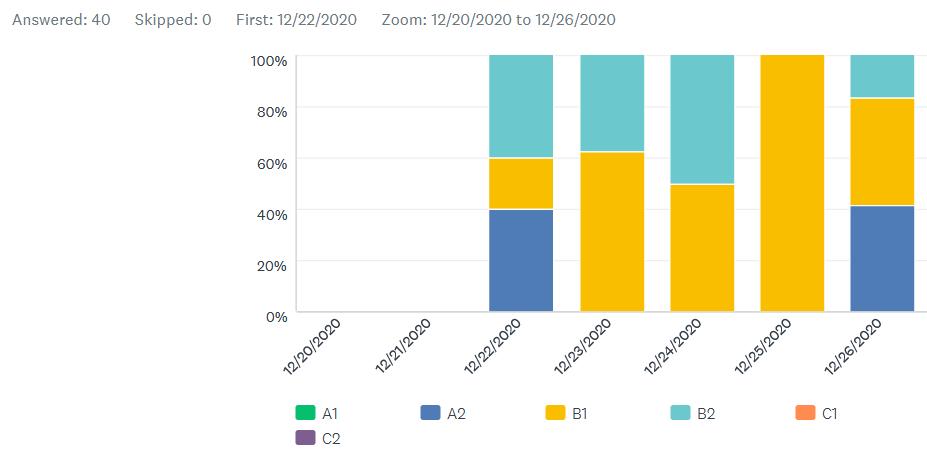Honduras Project background
3. Outline of the course and rationale
1. Description of the partners Lewis School of English was established in 1976 and is based in Southampton, UK. As well as its adult school and junior offerings, Lewis Teacher Training Centre runs an initial teaching qualification course and has designed and delivered a range of methodology courses, both face-to-face and online. HELTA TESOL was established in 2014 and is based in Tegucigalpa, Honduras. It is a professional English teacher association focusing on promoting the professional development of teachers in the public sector in the country. Its mission is to ensure teachers have access to the latest methodological and pedagogical trends.
2. Key features of the context Online CPD delivery poses challenges to Honduran teachers due to the accessibility of high bandwidth internet and access to it from low income, rural areas. These challenges have been exacerbated lately due to the pandemic and two hurricanes, ETA and IOTA, which struck the country in November 2020. Out of the total of 250 applications, 48 were selected and 36 completed the course. 83 per cent were female and 17 per cent male, teaching at the elementary level. During the process of working with the course participants (CPs) it was important to understand that they all came from different contexts, backgrounds and even teaching majors. Some were not specifically English teachers but had been assigned this subject.
Due to the time difference between the UK and Honduras and potential connectivity issues in rural areas, we thought the course should consist of one synchronous session per week followed by a number of asynchronous tasks that CPs could complete in their own time. The synchronous sessions would be a means of introducing the Target Language (TL) and the asynchronous tasks would provide opportunities to practise using it. In a pre-course survey, CPs were asked about their familiarity with and confidence using a range of online platforms. The results showed that WhatsApp, Facebook and Zoom were popular choices. We felt it was important to use technology CPs were familiar with to help with motivation and retention. We chose to use Zoom for the live sessions, Facebook units/ guides to upload recordings of lessons and provide links to the asynchronous tasks, and WhatsApp for general communication and some of the weekly tasks. The key aim was to provide a space for teachers to improve their proficiency skills through a programme that provided the specific skills and tools needed to deliver lessons in English to their learners, as well as improve the CPs’ confidence in their use of English in the classroom. The pre-course survey asked CPs what percentage of English was used in their lessons; 70 per cent said between 0 per cent and 25 per cent (Figure 1).
Partnered Remote Language Improvement (PRELIM) project report
238

















